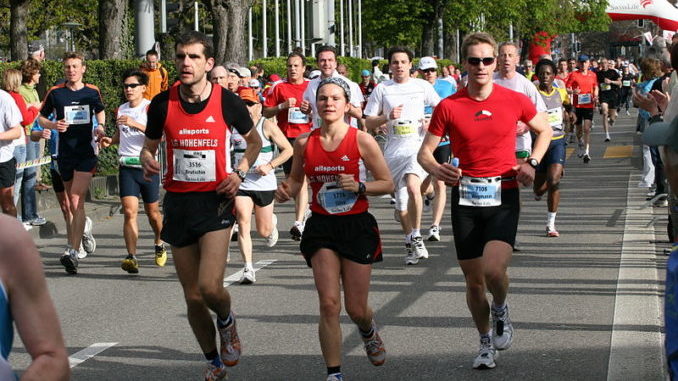
Consider the marathon runner. While marathons are no longer the most strenuous of the foot races, they are the most famous format and they are notoriously difficult. People prepare for months and often years to get into the proper condition to make it through to the end, and for many that is their sole goal – they aren’t even looking to be in the lead, they simply want to complete it.
Of those who do seek to break the final tape, few achieve that dream… and even then their success typically comes in smaller local marathons. In the larger cities and famed venues like Boston, the question to ask is usually which professionals have chosen to enter; the eventual winner will be one of them.
This is what makes the achievement of Arien O’Connell in the 2008 Nike Women’s Marathon particularly impressive. The fifth-grade schoolteacher from New York City beat a crowd of more than 20,000 participants, including many professionals, to cross the finish line first. She did so to the delight of her students and herself, clocking a personal best time of 2 hours, 55 minutes and 11 seconds. She hadn’t cheated in any way, and there was no timing discrepancy. She finished with the best time… and wasn’t allowed to be on the winner’s podium.
Nike, in an effort to promote the race to professional runners, had offered a small group of some of the world’s best female marathoners a special deal. They would run the race with a twenty-minute head start, and their times would be clocked to see which of them had completed the race the fastest.
Nike had structured the deal plainly, offering the professionals a contract which guaranteed that the fastest among them would be given first place, the runner-up second place, and the next fastest third place. It hadn’t even occurred to the Nike officials that an amateur might beat all of them. But, there it was… and O’Connell was informed of the decision.
The problem for Nike is that the entire running world, and all of San Francisco, had also been informed of their decision. Articles like those of San Francisco Gate were quick to point out that Nike’s stated reason for the marathon was to encourage female empowerment… and that it was hardly empowering to prevent the woman with the best time from being declared the winner. Arien’s family spoke to interviewers on her behalf (Arien herself later gave an interview to Runner’s World). If one were to look at the practical reason for Nike’s sponsorship of the race, publicity, it’s hard to imagine a worse fiasco than tying the company name to smashing the dreams of amateur athletes.
After two days of damage control, Nike backtracked and declared there were actually two winners of the race… the professional who had delivered the second-best time, and the amateur with the best. In the end, Nike had been the only loser.
Question of the night: what is a victory you had to fight for?
